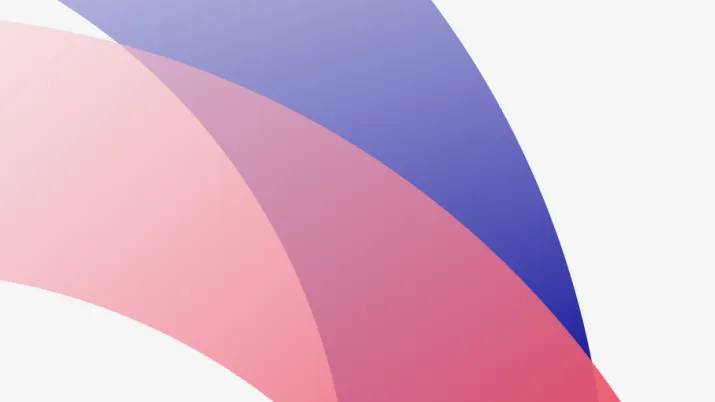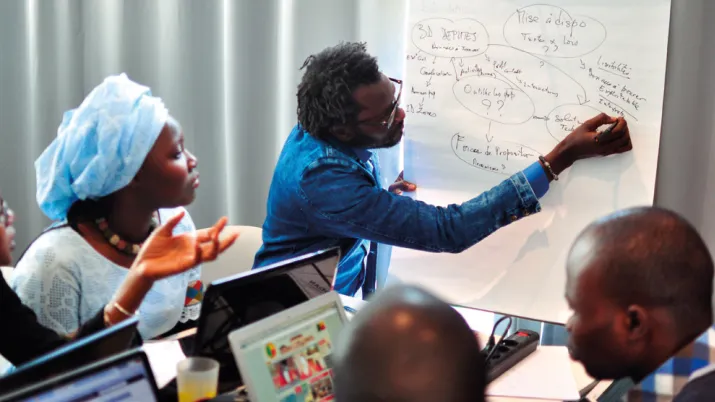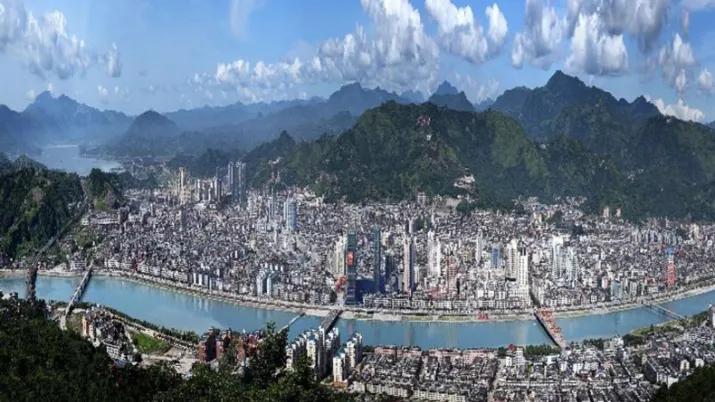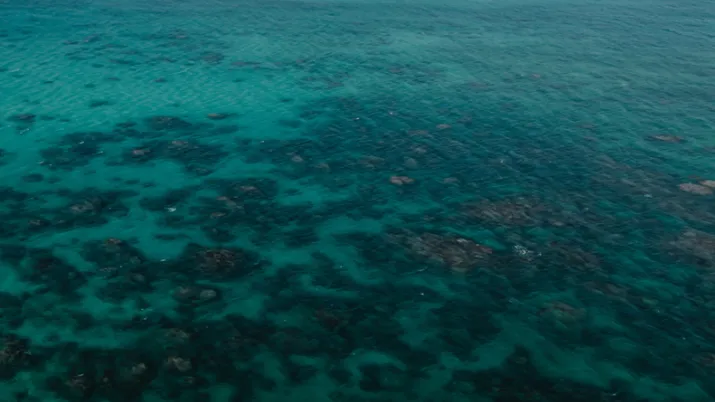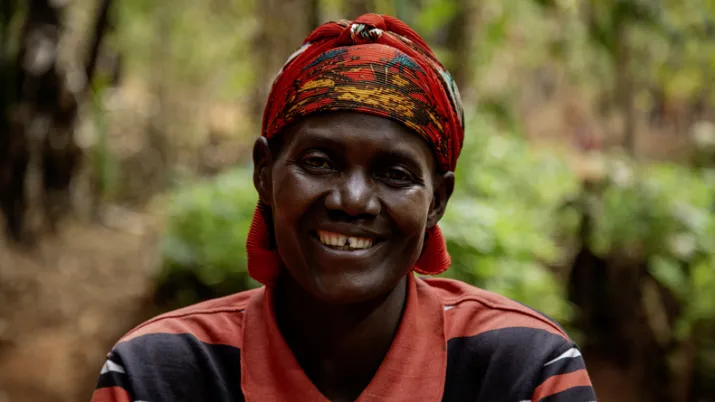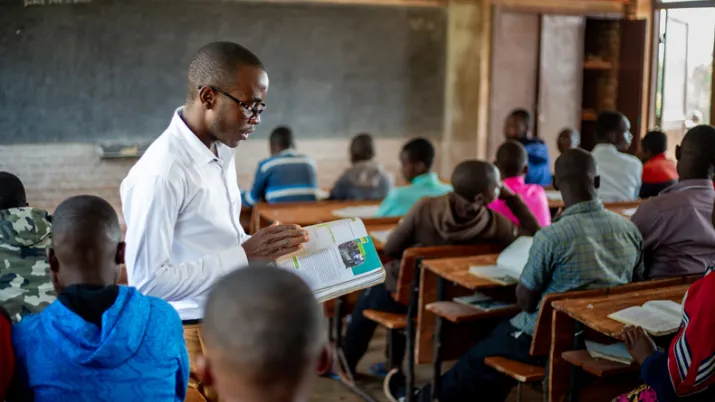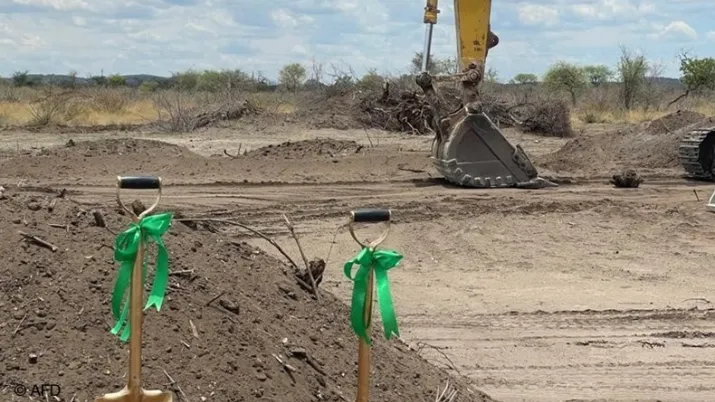Share the page
Seagrass Conservation and Blue Carbon Finance
Project
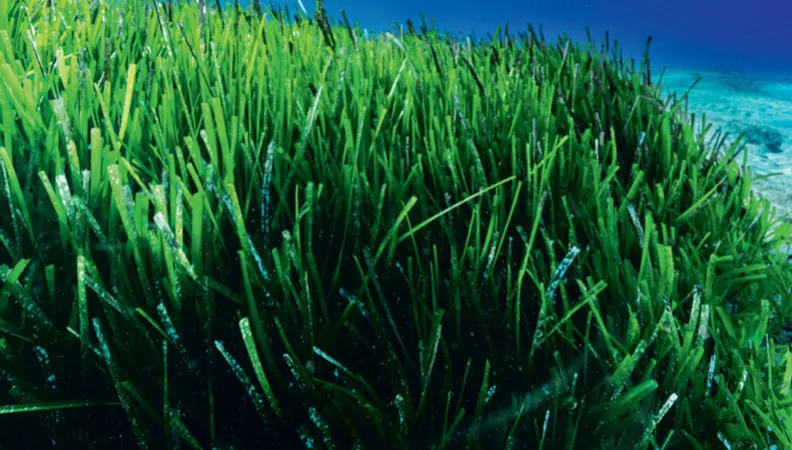

-
Project start date
-
Status
Ongoing
-
Project end date
-
-
Project duration
-
3 years
-
AFD financing amount
-
€ 500 000
-
Country and region
-
Location
-
Gulf of Gabès, Djerba, Cap Bon, Tabarka
-
Type of financing
-
Beneficiaries
-
WWF France
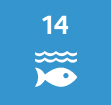
This project, supported by the Blue Carbon Facility, aims to position Tunisia as a pioneer in the protection of Posidonia seagrass meadows and blue carbon finance in the Mediterranean.
Context
Tunisia is home to the largest Posidonia seagrass meadow in the Mediterranean, particularly in the Gulf of Gabès, hosting a vital ecosystem for biodiversity, fisheries, and climate change mitigation. However, these ecosystems are under threat from pollution, unsustainable fishing practices, and urbanization. Although the country has recently adopted a blue economy and ecological transition strategy, innovative financing mechanisms for seagrass protection—such as carbon credits—remain largely untapped.
Description
The project, implemented by WWF France and its partners (WWF North Africa, BlueSeeds, and OFB), aims to:
- Improve scientific knowledge of seagrass meadows and their carbon sequestration potential;
- Strengthen national public policies, particularly by integrating these ecosystems into the Nationally Determined Contributions (NDCs);
- Pilot an interest-for-nature exchange mechanism as an innovative financing tool;
- Establish a carbon fund to support fishers in transitioning to sustainable practices.
Pilot sites (Gabès, Djerba, Cap Bon, and Tabarka) will be studied to assess carbon stocks, support local communities, and test the viability of new financial mechanisms.
The project is funded with a €500,000 grant from the Blue Carbon Facility through AFD. This funding covers the 2025–2028 period and supports:
- Technical activities (diagnostics, ecological monitoring, training);
- Development of participatory governance tools for Marine and Coastal Protected Areas (MCPAs);
- Production of environmental data, including blue carbon;
- Structuring of sustainable financing mechanisms, with support from BlueSeeds.
Additional co-financing (WWF’s own resources, in-kind contributions from partners, or public/private complementary funding) may be mobilized to strengthen impact and ensure long-term sustainability after the project ends.
Impacts
-
Strengthening Tunisia’s role in regional leadership for marine conservation
-
Integrating blue carbon ecosystems into national climate policies
-
Improving artisanal fishing practices and diversifying local incomes
-
Developing a replicable carbon finance model for Mediterranean seagrass meadows
Sustainable Development Goals
Life Below Water
Goal 14 promotes the conservation and sustainable use of marine and coastal ecosystems, based on three main ambitions: 1/ More sustainable management of resources by protecting 10% of marine and coastal areas, and combating overfishing and illegal fishing; 2/ Accelerating scientific research and technology transfer to build ecosystem resilience and reduce ocean acidification; and 3/ Promoting sustainable marine resource management as an opportunity for economic and tourism development, particularly for small island developing states and least developed countries.




